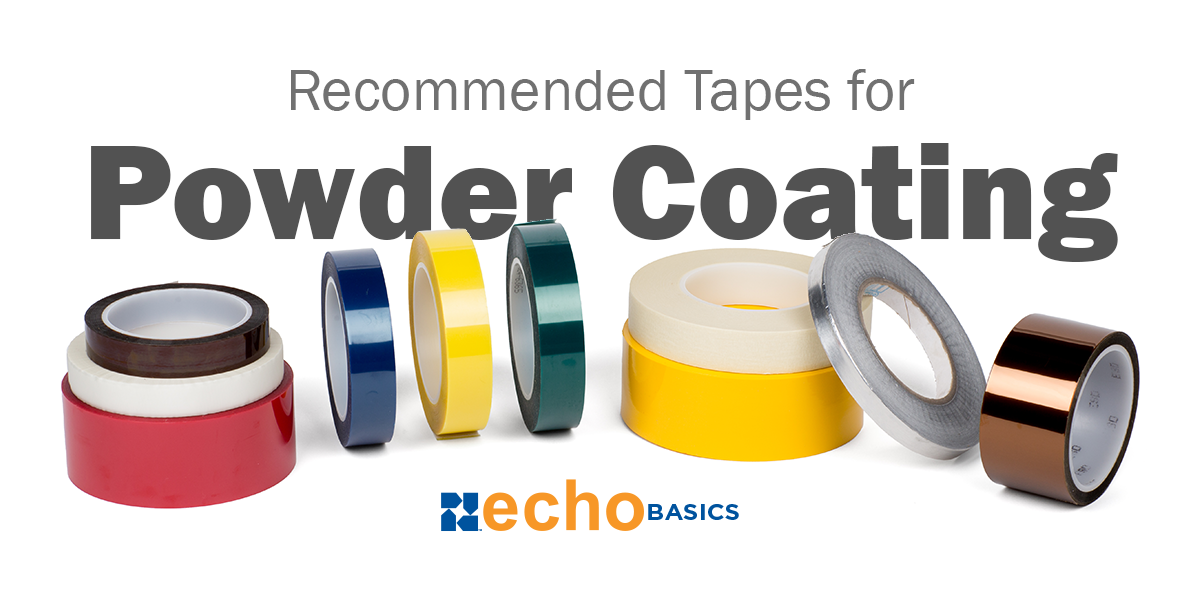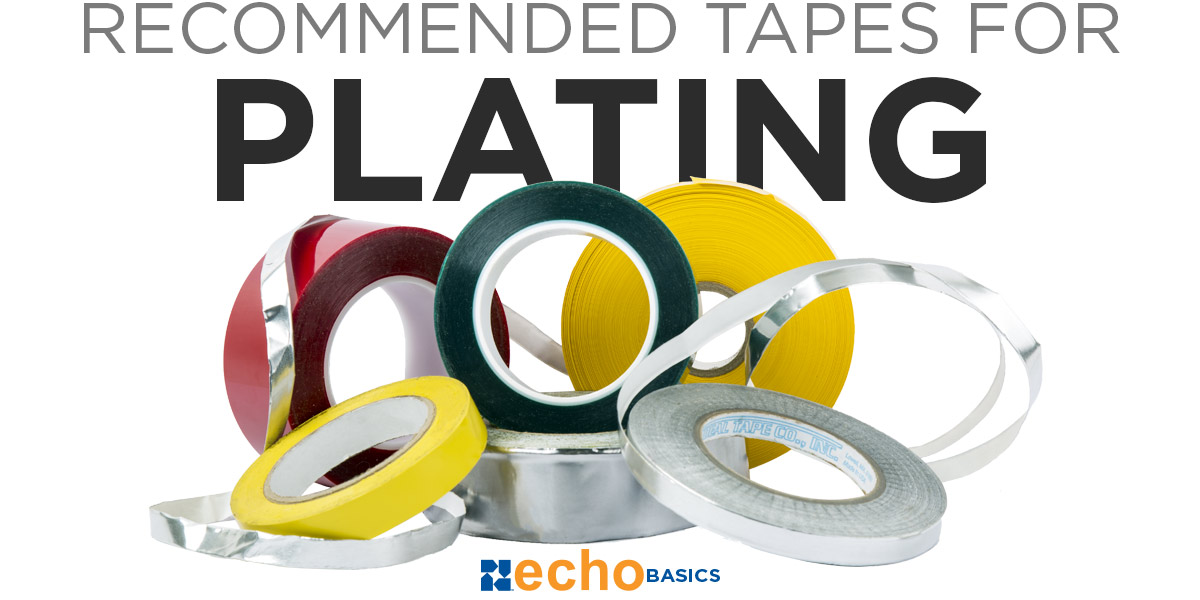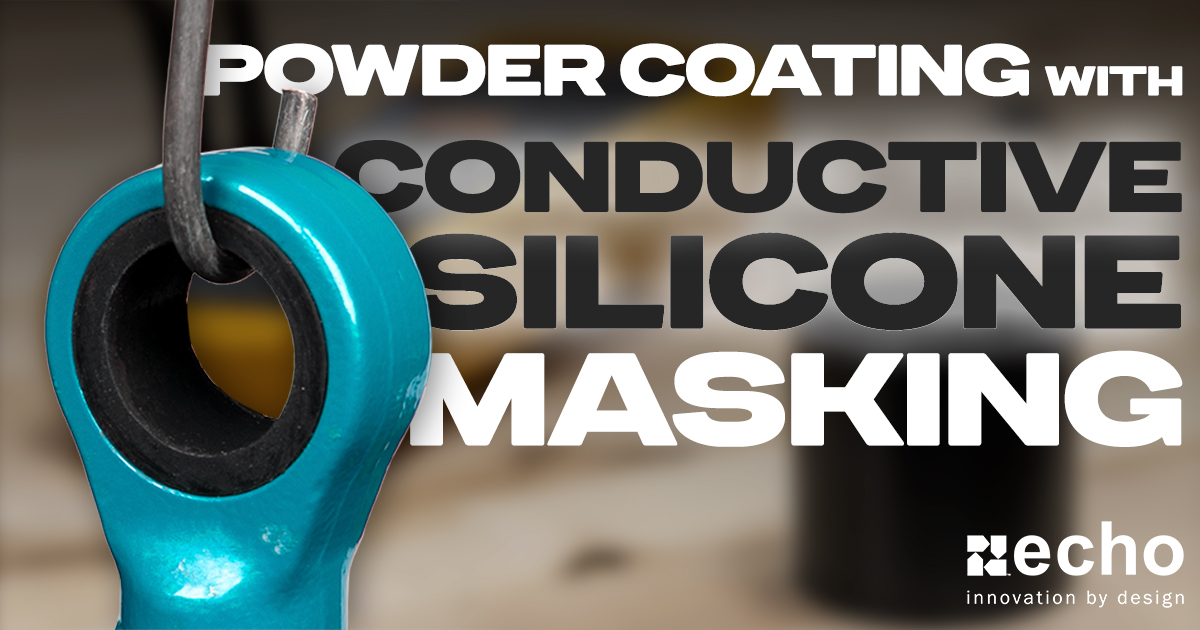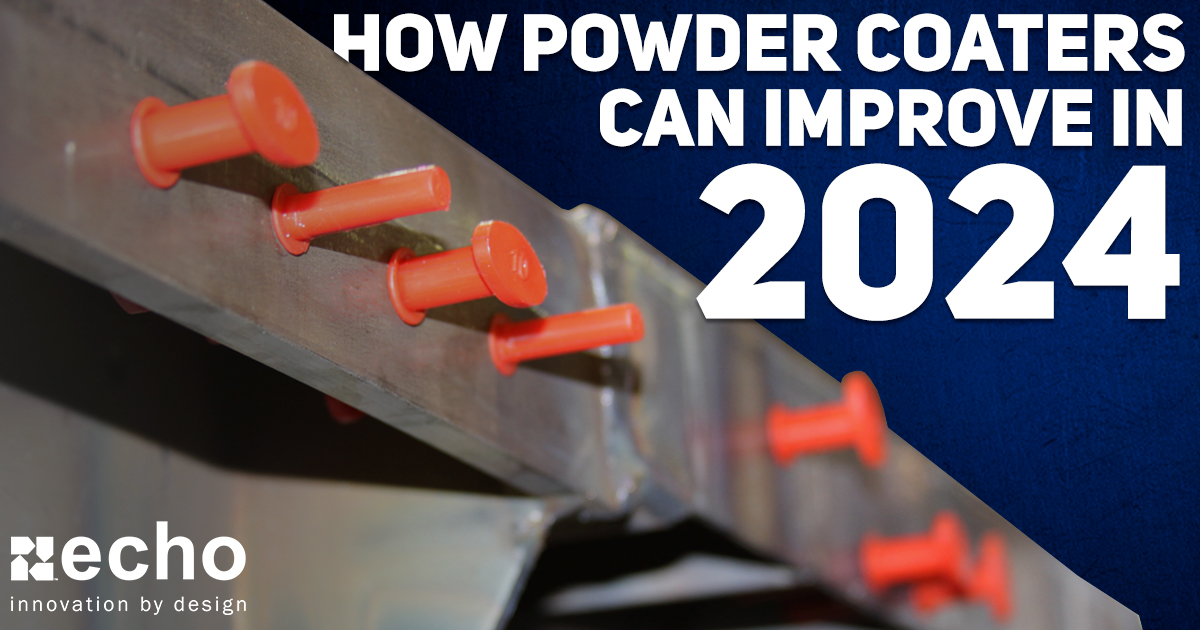Benefits of Converting Metal Brackets to Plastic Clips
-
 By
Lee Lechner
By
Lee Lechner - Jul 13, 2016
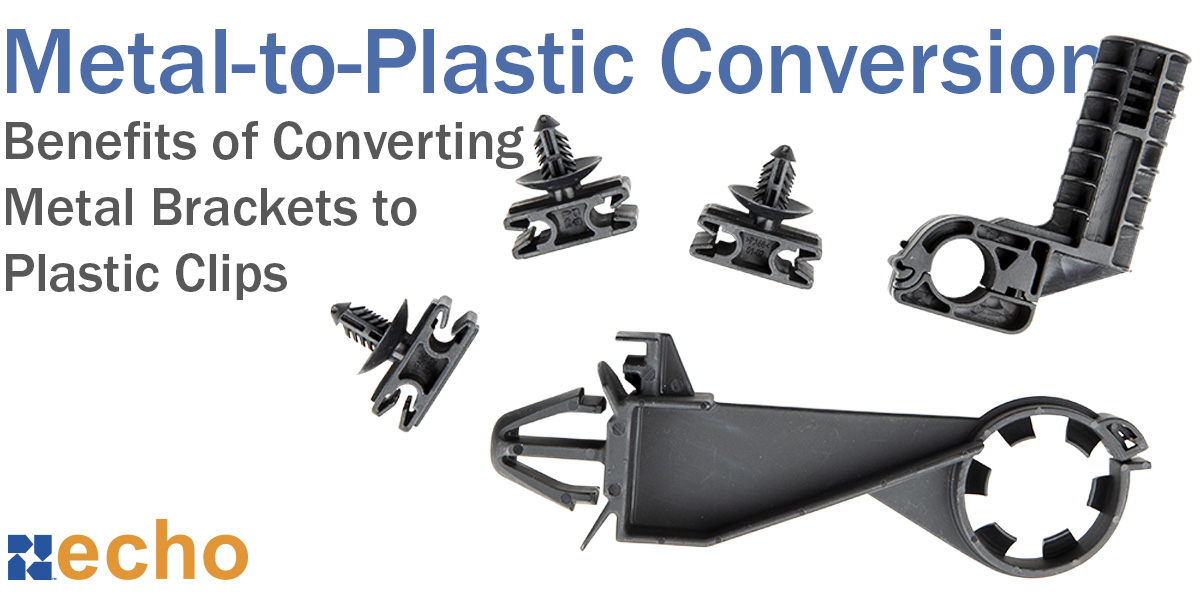
Is metal becoming a thing of the past? Plastic is increasingly being used in place of metal for many different purposes. Specifically, plastic clips are replacing metal brackets used on automotive fluid routing assemblies as mounting supports for HVAC and brake lines. Plastic clips are perfect alternatives in these automotive applications and many more.
Using plastic clips has multiple benefits. In the following, we discuss the top advantages of replacing metal brackets with plastic clips.
Lowered Cost
Plastic clips cost significantly less than metal brackets on a variety of different aspects. Here's a few of the reasons why:
Labor
Depending on the situation, metal must have rubber insert/grommet added to it to prevent metal on metal contact - #1 cause of galvanic corrosion. Plastic usually does not need a rubber addition which eliminates the costs of rubber altogether.
Labor is also reduced when using plastic clips. As stated above, rubber must be installed over metal and used to line it to prevent metal-to-metal contact. These assembly costs do not exist when using plastic. Plastic can be easily installed and ready to go.
Tooling
Tooling for metal stamping and forming have a much higher cost than tooling for plastic. The tools needed for plastic can cost up to 50% less, a huge reduction in cost. The tools for metal also wear more rapidly, and need to be replaced more often than the tools for plastic, creating additional costs.
Material
Plastic is a lower cost material than metal.
Manufacturing
Compared to metal, plastic has a faster turnaround time, resulting in a higher throughput. Since plastic gets made more quickly, it reduces the amount of time and money spent per part produced.
Shipping
Shipping and disposal costs are reduced. When transporting metals, plastic bags or other product protection must be used to prevent damage. Plastic clips do not need this much protection during transit. Lastly, weight is one of the primary factors in the cost of shipping, and it's obvious that plastic weighs less than metal.
Decreased Weight
Lightweighting is an automotive megatrend that has become incredibly important for automotive manufacturers as new fuel-efficiency regulations are mandated. Plastic clips weigh notably less than metal brackets, improving efficiency and performance. Since plastic is lighter, costs are decreased as well. For example, a lighter car uses less fuel resulting in smaller engines.
Non-Corrosive
Plastic doesn't corrode. Metal brackets, on the other hand, are more at risk for corrosion issues. When metals are in electrical contact, they may be susceptible to corrosion. This corrosion wears the metals over time, causing for them to be damaged, resulting in potential liability issues.
Versatility
Plastic is an extremely versatile material, unlike metal. Plastic clips can be made into complex shapes and in a variety of different colors straight from the start. This makes them basically ready to go right out of the tool.
Unlike plastic, metal almost always has to go through several secondary processes before it is ready for installation. Metal brackets usually have to be cut or stamped, drilled, stamped again, have the oil removed, coated to prevent rust, packaged appropriately, etc.
Metal may also need multiple components added or installed such as a fastener or an isolator. With plastic, all of those can be built-in, eliminating the need of multiple parts.
Conclusion
The benefits of plastic are tremendous. All of the above proves that plastic clips are the top contender when finding an alternative to metal brackets.
Thinking of making the switch from metal to plastic? If you are or if you have any other questions, visit our Contact Us page and send us a message! We have a team of technical experts ready to find the best solution for you.



